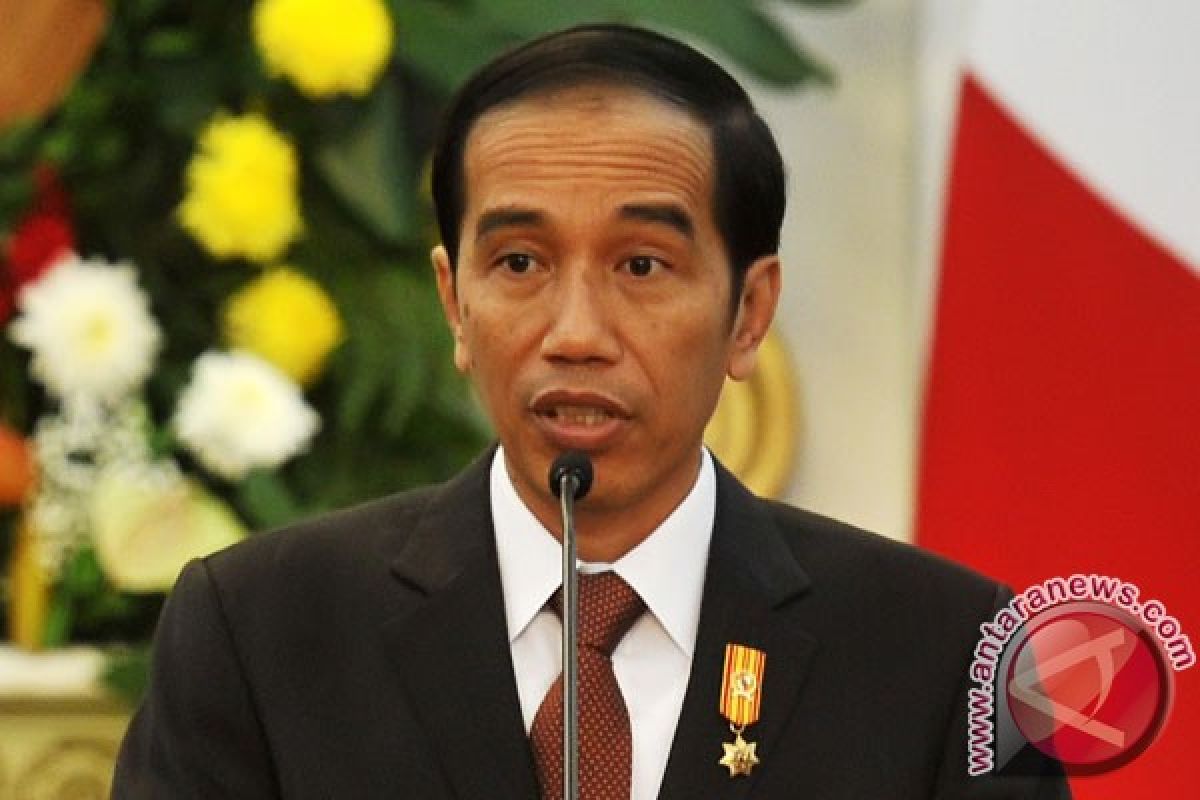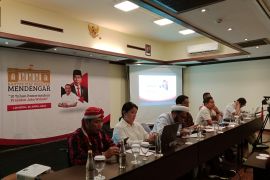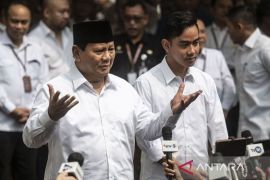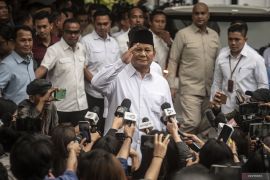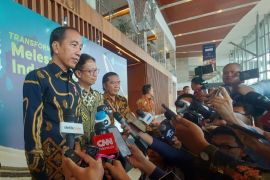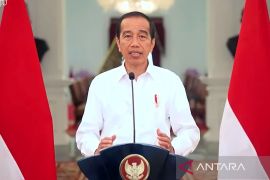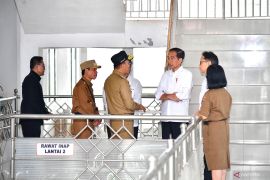"Indonesia can use a lobbying service in the United States, and its funding is set in the 2016 State Budget as long as its aim is clear and is carried out transparently," Hikmahanto Juwana, a professor of international law at the University of Indonesia (UI), stated here on Thursday.
Juwana made the remarks in response to a proposal by Coordinating Minister for Political, Legal and Security Affairs Luhut Pandjaitan.
The minister had proposed that the House of Representatives (DPR) should include a lobbying service fund in the state budget for 2016.
He said that if the United States is working out a draft law that could affect Indonesia's export commodities, then the country could use the lobbying service.
"This is to ascertain that the draft law would not be endorsed by the US Senate and Congress. This is important to avoid its (draft law) negative impact on Indonesia's employment sector. If the United States bans the import of commodities, it will affect our exports, and our employment opportunities will decrease," Juwana pointed out.
He said the lobbying service is created to accomplish some of the tasks that could not be carried out by Indonesian diplomats.
"It is impossible for a diplomat to wait for the congress and senate members to extend his or her arguments. After all, several members and the diplomats could not do that," he affirmed.
Juwana clarified that the lobbyists did not arrange a meeting between the heads of state/government as indicated in Michael Buehler's article.
"This is an official one that should be carried out through a diplomatic channel between the Ministry of Foreign Affairs and the state representatives abroad," he remarked.
He noted that three things needed special attention.
"The first one is that lobbying, which is official, is only done in the United States. Such lobbying has been known since long, and there are thousands of lobbyists," he stated.
The second one is that in the political system in the United States, the congress, senate, and the government often needed to take sides while arriving at a decision that should be based on research.
"Lobbyists often put forth their research-based arguments to the decision makers," he noted.
The third one is that lobbyists are legal parties as long as they are not bribed, and they do the job transparently by providing information to the Department of Justice of the United States.
Editor: Ade P Marboen
Copyright © ANTARA 2015
